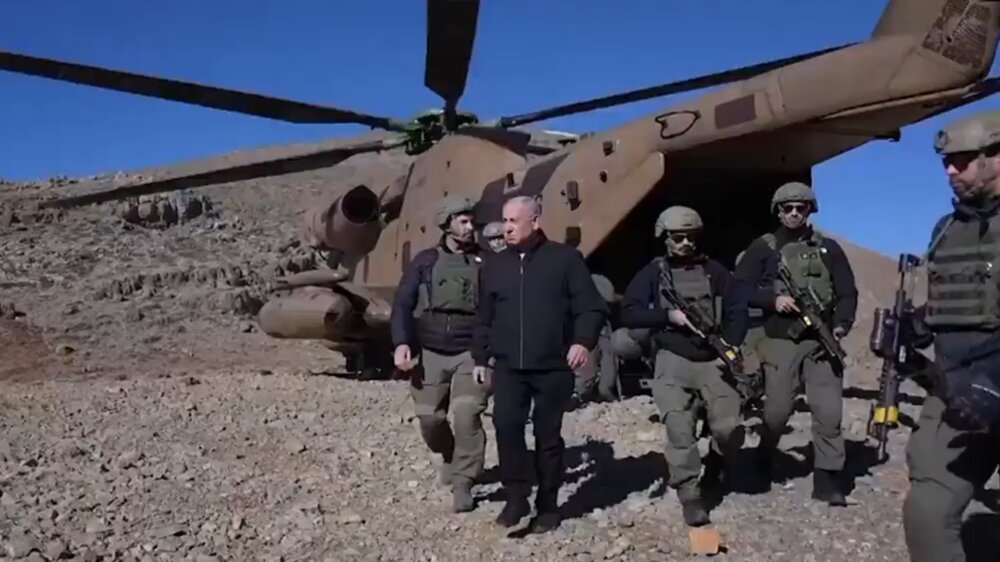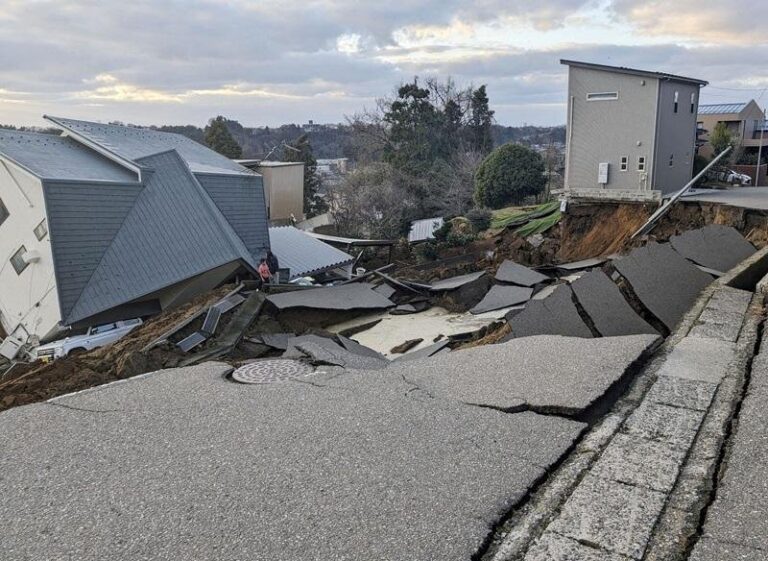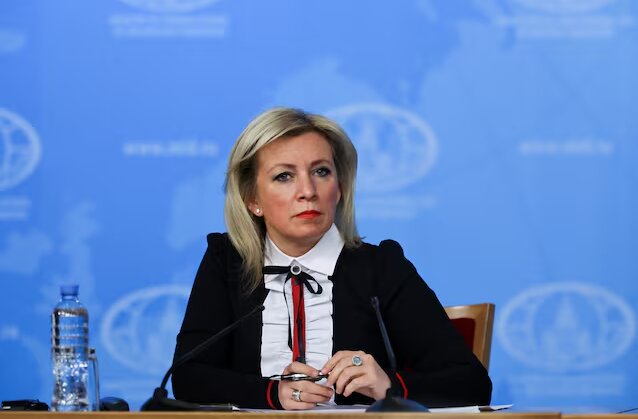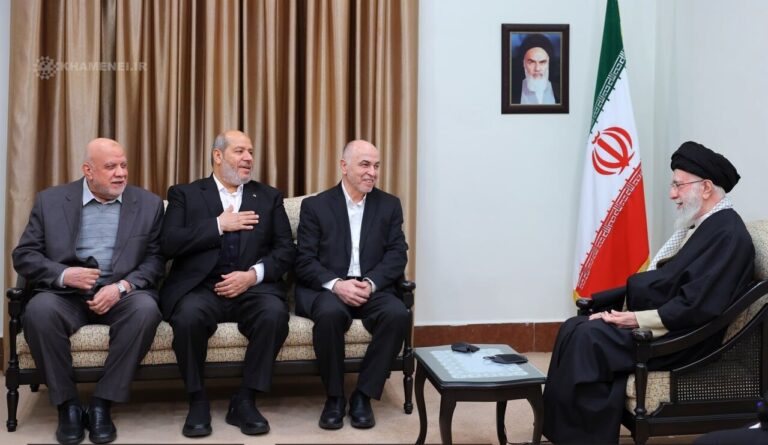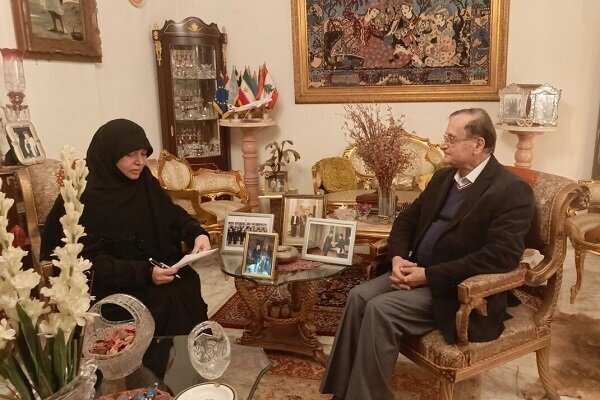Israel Blocks HTS Forces from Southern Syria: Key Developments Unfold
In a recent statement, Israeli Prime Minister Benjamin Netanyahu emphasized Israel’s commitment to maintaining its positions in southern Syria, particularly as a defensive measure. This announcement came during a military graduation ceremony, reflecting Israel’s ongoing concerns regarding regional stability and security.
Netanyahu’s remarks were reported by Press TV, highlighting key points about Israel’s military strategy and territorial claims. Below are the main takeaways from his address:
- Israel will not permit the entry of forces from the Hayat Tahrir al-Sham (HTS) or the newly formed Syrian army into the territory south of Damascus.
- The Israeli government demands the complete demilitarization of southern Syria, specifically in the provinces of Quneitra, Daraa, and Sweida.
- Israeli troops will continue to be stationed in a designated “buffer zone” within the occupied Syrian Golan Heights, an area seized after the fall of President Bashar al-Assad.
Furthermore, Netanyahu’s statements come in the wake of significant military developments in the region. The HTS, a former al-Qaeda affiliate, successfully captured control of Damascus in early December, raising alarms in Israel. Consequently, Israeli forces have been mobilized into a UN-monitored demilitarized zone in Syria to enhance their defensive posture.
Since the HTS’s takeover, the Israeli military has been actively conducting airstrikes against various military installations associated with Syria’s former regime. Recent operations have targeted:
- Weapons facilities in the Sa’sa’ district of Rif Dimashq province, near the capital, Damascus.
- Military arsenals belonging to the now-defunct Syrian army.
- Strategic locations within the occupied Golan Heights.
Notably, Israel has occupied the Syrian Golan Heights since 1967, and the recent military actions have raised questions about the violation of Syria’s sovereignty. Critics argue that Israel is exploiting the ongoing chaos following Assad’s government collapse to further its territorial ambitions.
In his address, Netanyahu also expressed a strong stance regarding the Druze community in southern Syria, asserting that Israel would not tolerate any threats against them. This remark underscores Israel’s broader strategy to maintain influence and security in the region.
Israeli media has reported that government ministers have convened to discuss plans for a potential division of Syria following the regime’s destabilization. According to Press TV, regional security sources indicated that Israel is considering a strategy to partition Syria into three distinct blocks. This plan includes:
- Strengthening military and strategic ties with the Kurdish forces in northeastern Syria.
- Establishing connections with the Druze community in southern Syria.
- Allowing Assad to maintain a semblance of power in Damascus, albeit in a significantly weakened state.
The implications of these developments are profound, as they could alter the geopolitical landscape of the Middle East. Israel’s actions have drawn widespread condemnation from various international observers and have raised concerns about the long-term stability of the region.
In conclusion, as Israel remains firm in its military presence and strategic objectives in southern Syria, the situation continues to evolve. The international community will be closely monitoring these developments, particularly as they pertain to regional security and the ongoing conflict in Syria.
